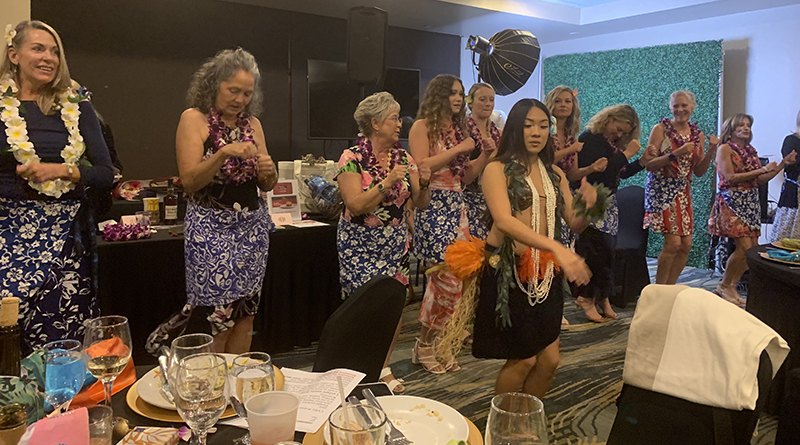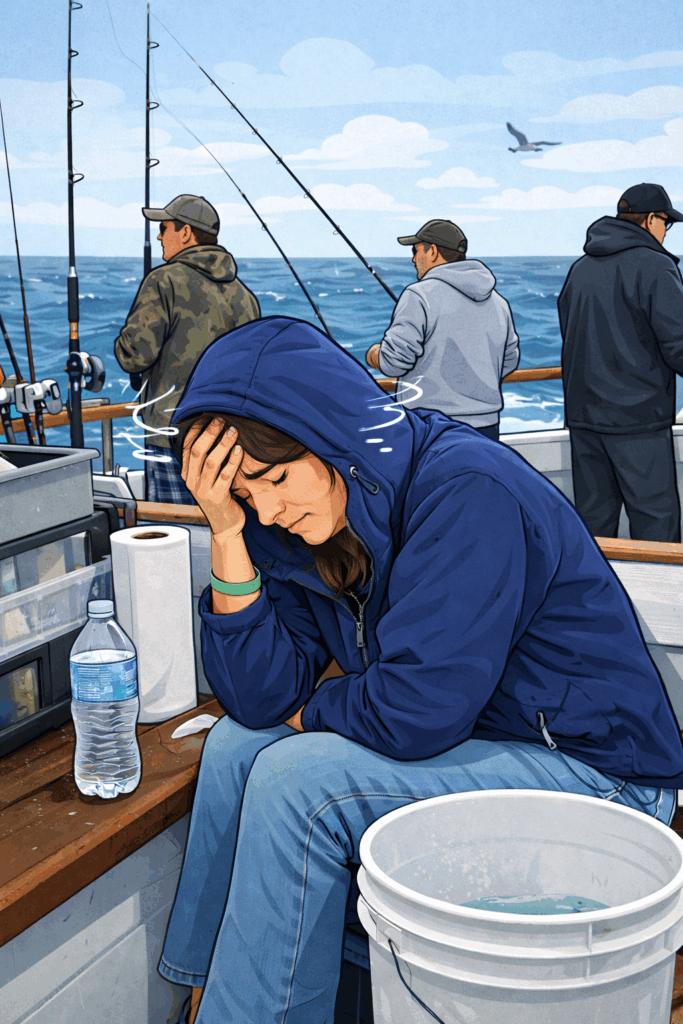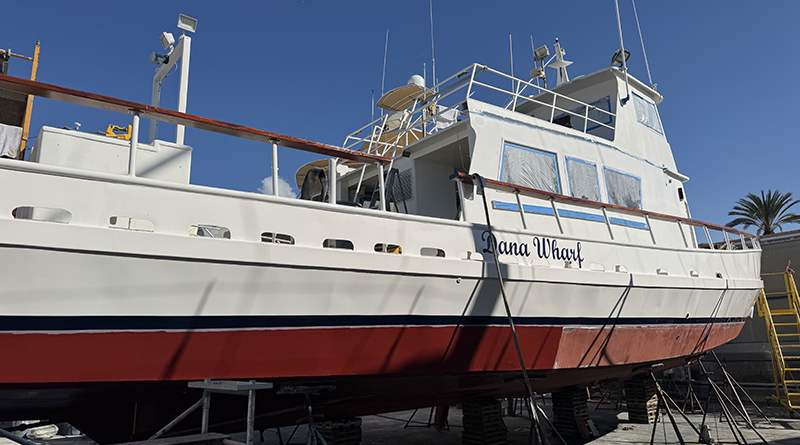WORLDWIDE一 Zooplankton harvesting is becoming a popular industry as businesses collect the small crustaceans to turn them into fish oil to fill the demand for omega-3 health supplements.
Harvesting of the species began in the Faroe Islands in 2020. The fisheries ministries cleared five businesses to take in 25,000 tons of the plankton each.
There is a concern in the fishing industry that harvesting zooplankton will have negative effects on fish stocks around the world.
Zooplankton is the main food source for different fish stocks, including mackerel and herring.
However, The Guardian reported that Eilif Gaard, head of the Faroese Marine Institute, has an idea that would allow for the harvesting of the plankton without a significant impact on the oceanic food chain.
In the winter, the zooplankton goes into hibernation. They sink to the deeper layers of the ocean and then float away with the current. Around the Faroe Islands, this means they travel south-east before being pushed into the Faroe Bank Channel and into deeper and colder oceans, where it is predicted that 90 percent of them die.
Gaard proposes using the channel to catch the plankton, which would otherwise die, and only fishing in the winter to mitigate potential damage. He recommends keeping the quota at 125,000 tons, 1.2 percent of the total mass of Calanus that flows through the area.
However, it is a different story in Norway. Many in Norway’s fishing industry are opposed to zooplankton trawling. In Norway, the quota is 254,000 tons and is permitted all year, which can be a problem for species of juvenile cod and other creatures who rely on the plankton for food.
Many are concerned that Zooca, a Norwegian company that is currently the only one to catch zooplankton in the area, is catching larvae and juvenile fish along with the plankton.
There is also a concern for cod, one of Norway’s main species. Juvenile cod eat the plankton, and without them, the company is taking the fish’s main food supply.
The use of zooplankton is still undergoing research.





